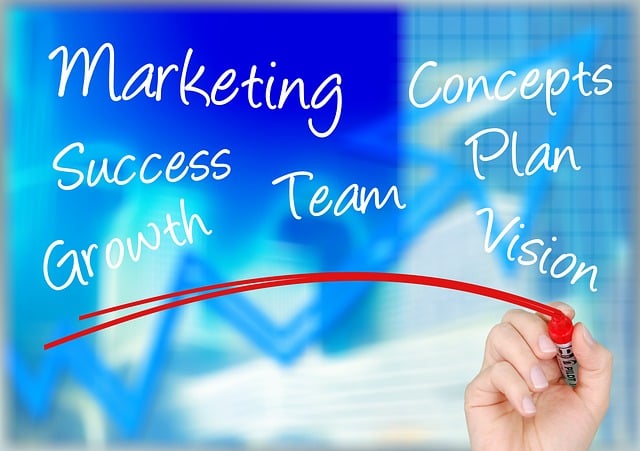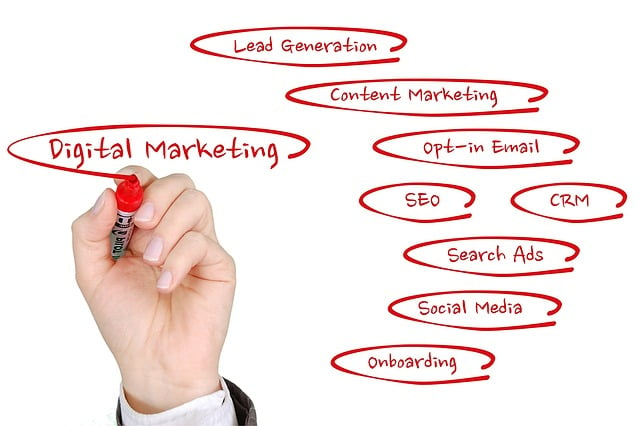The integration of AI in mobile home lighting systems optimizes energy efficiency and fair housing compliance in parks through real-time data adjustments. AI fair housing compliance dashboards centralize monitoring, providing insights into energy usage patterns to fine-tune lighting adjustments. This results in cost savings, waste reduction, and a more sustainable living environment for residents while adhering to safety, comfort, and accessibility standards. These AI dashboards empower park managers to cater to diverse tenant needs, including those with visual impairments or sensory sensitivities, ensuring equal and comfortable living conditions.
“Discover how Artificial Intelligence (AI) is transforming mobile home living with automated lighting systems. This innovative technology adjusts illumination based on time, occupancy, and natural light, enhancing energy efficiency and comfort. In the context of fair housing compliance, AI integration ensures equal access to light for all residents. Learn about the benefits of automated adjustments, tailored dashboards for park managers, and the potential of AI to revolutionize mobile home park management, especially in adhering to regulatory standards.”
- Understanding AI Integration in Mobile Home Lighting Systems
- The Role of Automated Adjustments in Fair Housing Compliance
- Creating Comprehensive Dashboards for Park Managers
Understanding AI Integration in Mobile Home Lighting Systems

The integration of Artificial Intelligence (AI) into mobile home lighting systems is a significant step towards creating smarter and more energy-efficient environments. By leveraging AI, these lighting systems can automatically adjust based on real-time data, such as occupancy, time of day, and natural light availability. This not only enhances the comfort and convenience for residents but also plays a crucial role in achieving fair housing compliance in mobile home parks.
AI fair housing compliance dashboards for mobile home parks offer a centralized way to monitor and manage lighting efficiency. These dashboards provide insights into energy usage patterns, allowing park managers to identify areas of improvement and make data-driven decisions. By optimizing lighting adjustments, mobile home parks can reduce operational costs, minimize waste, and contribute to a more sustainable living experience for residents—all while adhering to fair housing standards that prioritize safety, comfort, and accessibility.
The Role of Automated Adjustments in Fair Housing Compliance

In the context of fair housing compliance, automated lighting adjustments in mobile homes play a pivotal role in ensuring equal and comfortable living conditions for all residents. AI-driven systems can adapt to various lighting needs, catering to different tenant preferences and sensory requirements. This technology is particularly beneficial in mobile home parks, where maintaining consistent lighting levels across diverse units can be challenging. By using AI dashboards, park managers gain real-time visibility into lighting usage and patterns, enabling them to ensure compliance with fair housing regulations.
AI fair housing compliance dashboards for mobile home parks offer a practical solution by providing data-driven insights into energy consumption and individual tenant preferences. These dashboards allow managers to make informed decisions about lighting automation, ensuring that adjustments cater to the needs of residents with visual impairments or other sensory sensitivities. Ultimately, automated lighting systems contribute to creating an inclusive environment, promoting accessibility, and adhering to fair housing standards.
Creating Comprehensive Dashboards for Park Managers

AI-powered lighting control systems offer park managers a powerful tool to enhance resident comfort and safety in mobile home parks. By creating comprehensive dashboards, park managers can efficiently monitor and adjust lighting across the entire community. These dashboards provide real-time data on lighting usage, occupancy, and energy consumption, enabling proactive decision-making. With AI fair housing compliance dashboards, managers ensure that lighting adjustments cater to all residents’ needs, promoting accessibility and inclusivity while maintaining a well-lit and secure environment.
The customizable nature of these dashboards allows park managers to set specific rules and schedules for lighting automation. For instance, they can program lights to dim during quieter hours, reducing energy costs and providing a more serene atmosphere. Additionally, these systems can integrate with other smart home devices, creating a seamless and automated living experience for residents. This technology not only improves the overall quality of life in mobile home parks but also contributes to sustainable practices by optimizing energy usage.
AI-powered automated lighting systems in mobile homes not only enhance energy efficiency and resident comfort but also play a significant role in achieving fair housing compliance. By understanding the integration of AI and navigating the benefits of automated adjustments, park managers can create comprehensive dashboards that optimize lighting for all residents. This technology revolutionizes the living experience in mobile home parks, ensuring inclusivity and accessibility for everyone. In terms of AI fair housing compliance dashboards for mobile home parks, the potential to transform and improve residential environments is undeniable.
